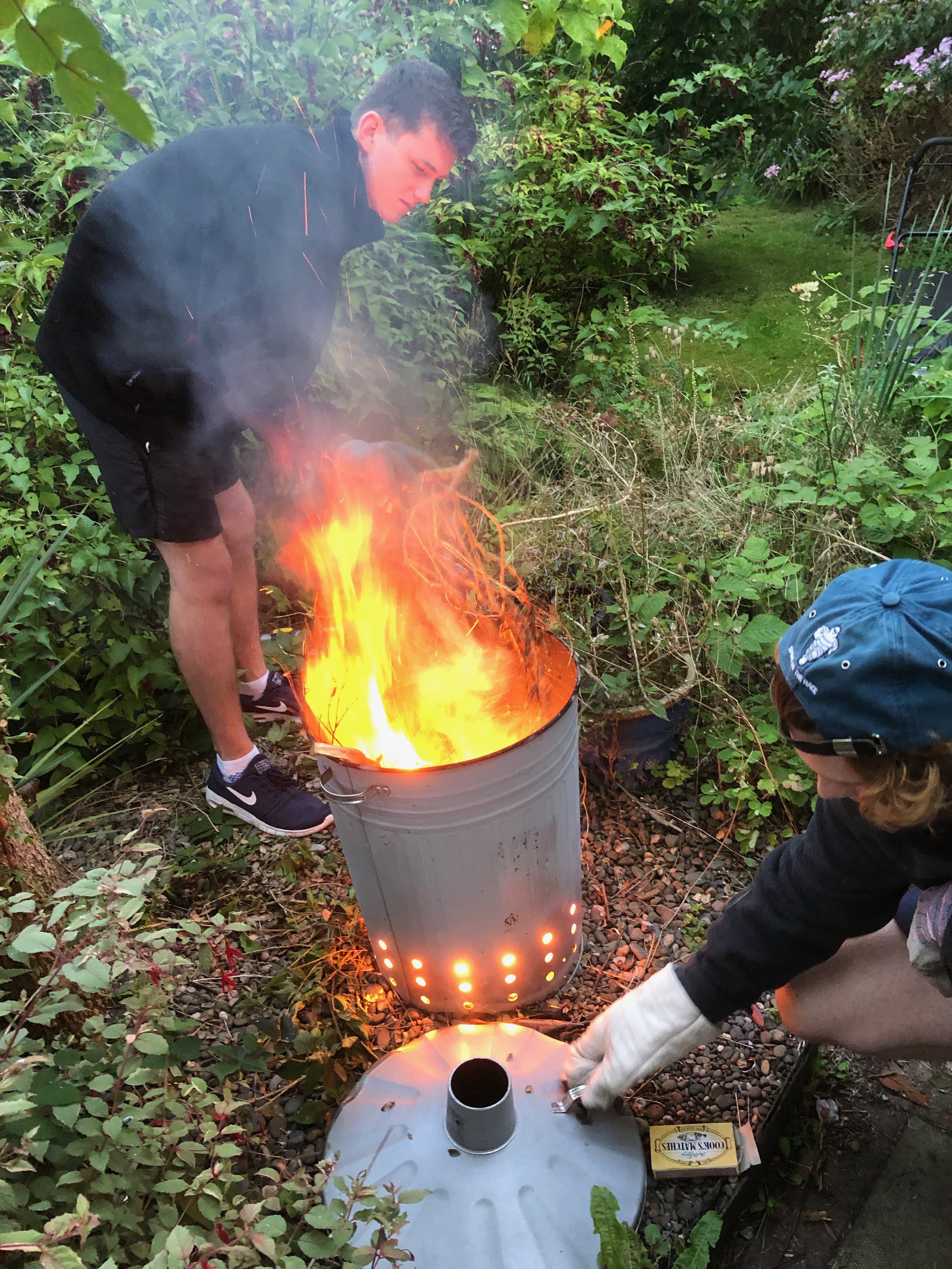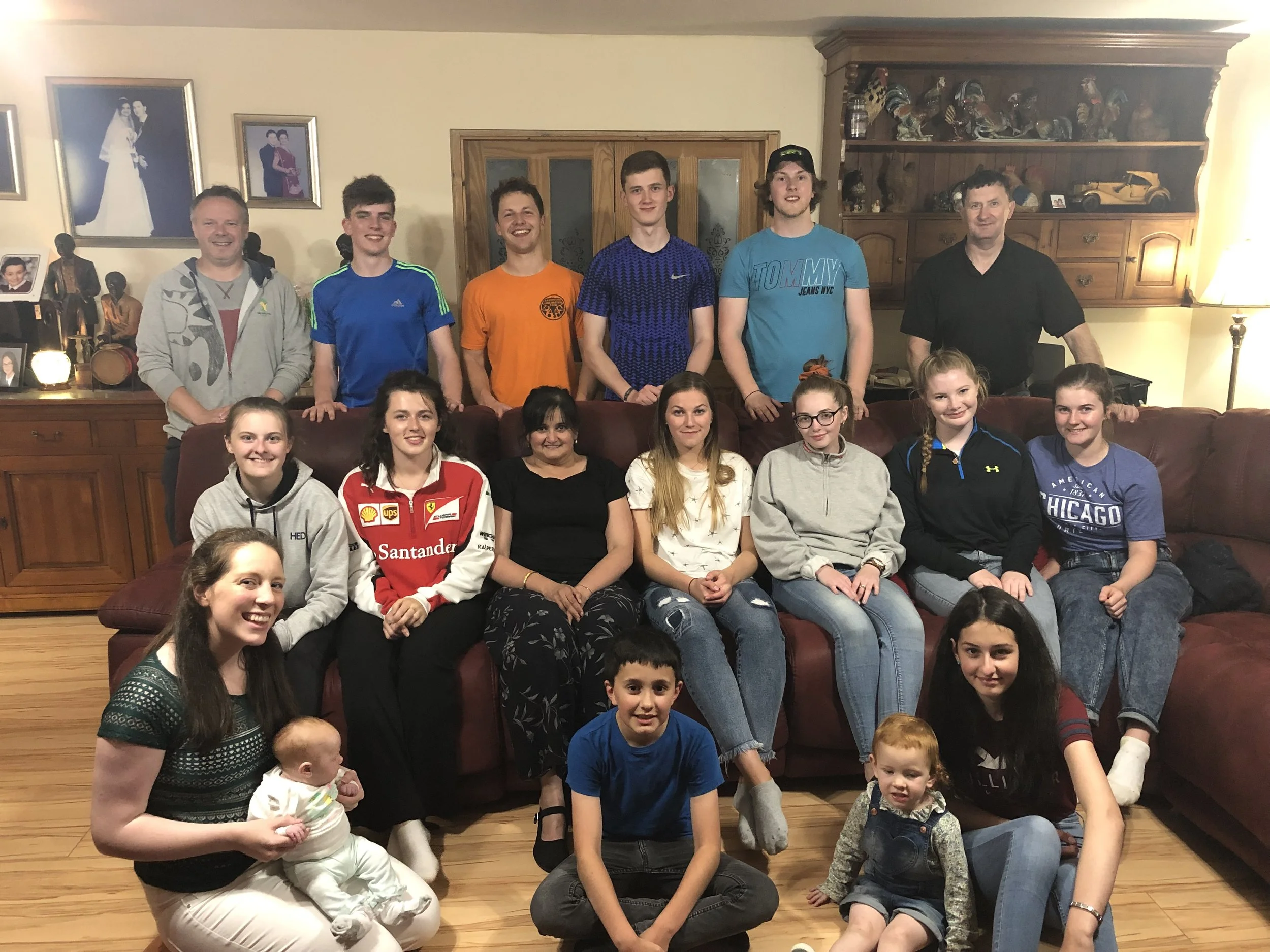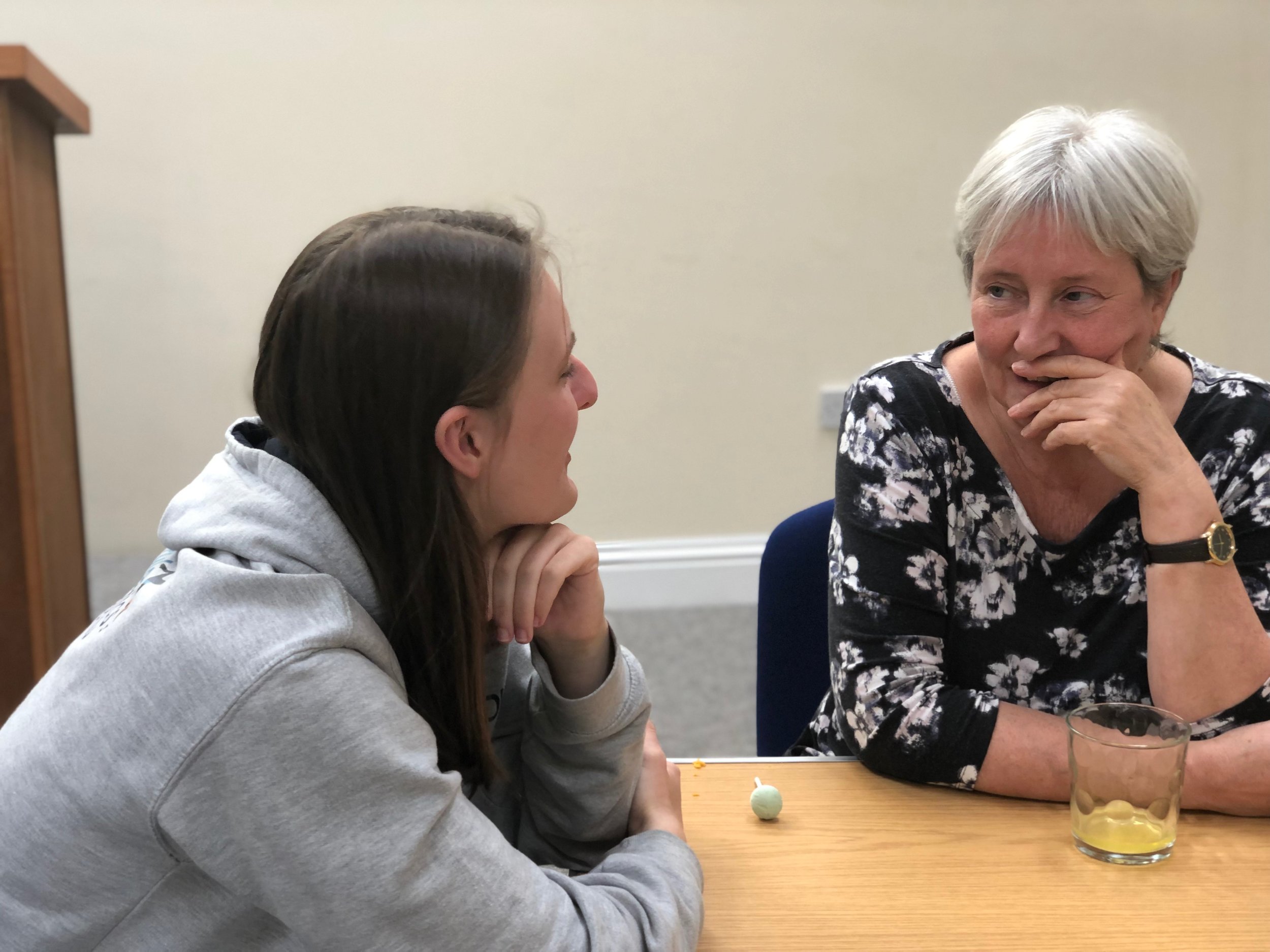Last week’s newspaper article - with thanks to Jonny McCollum
Earlier this month, the wealthy sex offender Jeffrey Epstein was found dead in his cell in a New York City jail while awaiting trial for sex trafficking and the sexual abuse of minors.
Anyone who has kept track of this murky story will have many unanswered questions: Why wasn’t a man with the ability to incriminate rich and powerful co-conspirators more closely watched? How could an inmate who apparently tried and failed to commit suicide just weeks earlier be allowed to evade scrutiny and succeed where he had failed before?
The lack of answers simply prompts more questions: Was foul play involved? Were procedures followed? Some are even asking: was it suicide at all?
Yet, those are not the only questions that are raised by Epstein’s death. A case like this prompts us to move beyond political intrigue and security failings and to ask something more fundamental. The question that has plagued so many over the last couple of weeks is simple but profound: Can justice ever be done?
Let’s start with Epstein himself. In 2008 he was convicted of sexual offences involving a minor. While he technically served a prison sentence, his money and influence ensured he was able to maintain his opulent lifestyle throughout and live his life with seeming impunity. Federal investigations were carried out into his alleged sex trafficking of underage girls, but were inexplicably dropped. It certainly didn’t seem that justice had been done.
Things looked like they were about to change on 6th July when Epstein was arrested by the FBI. Finally, it seemed that justice would be done. That is, until news broke of his death. The cold reality is that Epstein will not stand before a jury and be called to give an account.
Things get even murkier when we consider those who could potentially have been implicated by Epstein’s testimony. Prince Andrew is just one man to have been publicly accused, but rumours abound about many others. Whatever the truth of those rumours, there are undoubtedly many people with much to fear if Epstein was to have testified in court. With his apparent suicide, it seems they may have wriggled off the hook. The tragic reality is that some exceptionally wicked men will never see the inside of a courtroom, let alone a prison cell.
If this life is all that there is, many people will escape justice. But what if this life isn’t all that there is? That’s a question we’ll be thinking about as we host a series of three special meetings in church from 28th-30th August. In the first of these talks, I will argue that this in-built longing we have to see justice done is one of the evidences that as human beings we are made in the image of God. As such, we are created to look beyond imperfect human justice to the perfect justice that endures beyond this life. The Bible teaches that God’s day of perfect judgement is coming and that no amount of power, influence, or expensive legal teams will allow perpetrators to wriggle off the hook.
But while we might be reassured at the thought that those who seem to have escaped justice on earth won’t escape God’s justice (Epstein, Shipman, Hitler etc) – where does that leave us? Is the certainty of God’s justice good news for us? After all, we’ve all said, done and thought things which we wouldn’t like projected up on a screen for everyone to see.
One of the questions the biblical writers wrestle with is how can God be both just and forgiving at the same time? Because while we like the idea of forgiveness, we don’t like the idea of a judge who will turn a blind eye to breaches of the law.
The amazing news of the Bible is that there is a way that God can be both ‘just and the justifier of the one who has faith in Jesus’ (Romans 3:26). At the cross, Jesus took on himself the sins of his people, and God won’t punish the same sin twice. As the New York Times bestselling author Tim Keller puts it, ‘God judged sin in Jesus Christ, so that at the end of time he can end evil without ending us’.
So the reality of God’s justice saves us from despair when we think of men like Epstein who cheat justice on earth. But it also forces us to ask questions about ourselves that we’d rather not – and yet offers a forgiveness for which we might never have dared hope.
Published in the Stranraer & Wigtownshire Free Press, 29th August 2019






















